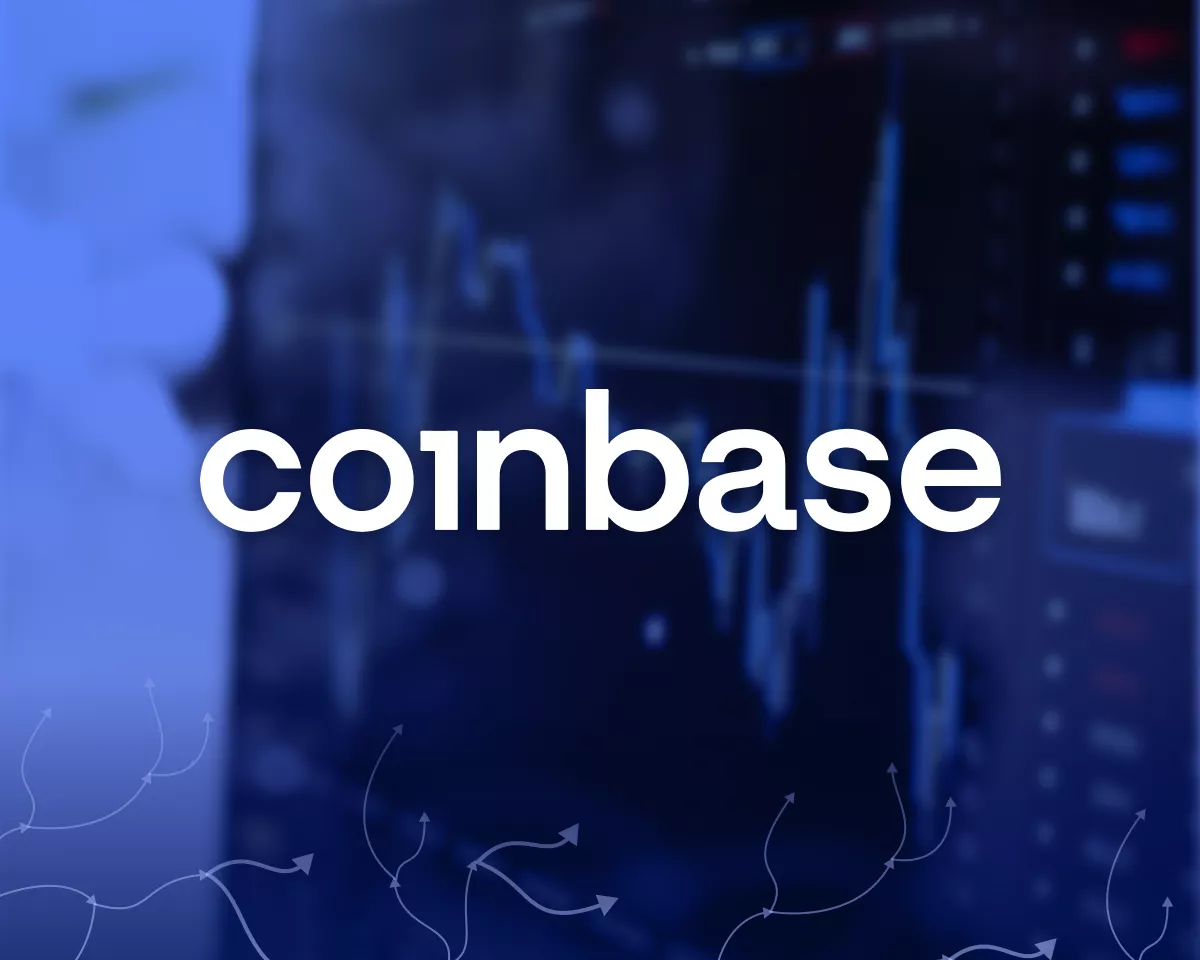Get ready for a seismic shift in the UK’s cryptocurrency landscape! By 2026, the Financial Conduct Authority (FCA) is poised to launch a groundbreaking “gateway” authorization regime, dramatically broadening its supervision of the crypto sector. If you’re involved in crypto in the UK, or watching from afar, this is a pivotal development you need to understand. Let’s dive into what this transformative change means for the future of digital assets in the United Kingdom. Decoding the Current Landscape of UK Crypto Regulations Currently, the FCA’s crypto oversight primarily zeroes in on anti-money laundering (AML) compliance. While crucial, this is just one piece of the puzzle. Think of it like regulating traffic flow only at intersections, ignoring the highways in between. The existing UK crypto regulations framework, while a starting point, doesn’t encompass the full spectrum of crypto activities. This limited scope has left many areas of the crypto market operating in a regulatory grey zone. Here’s a snapshot of the current situation: Focus on AML: The FCA’s main focus has been ensuring crypto firms comply with anti-money laundering and counter-terrorism financing rules. Limited Scope: Many crypto activities, such as stablecoin issuance, lending platforms, and exchange operations, fall outside the current AML-centric regulations. Industry Calls for Clarity: The crypto industry itself has been advocating for clearer and more comprehensive regulations to foster growth and innovation while protecting consumers. This evolving landscape is precisely why the new gateway regime is such a significant leap forward. It’s about creating a more robust and encompassing regulatory framework for the burgeoning crypto industry in the UK. What is the New UK Crypto Gateway Regime and Why is it a Game Changer? Imagine a comprehensive entry point – a “gateway” – that all crypto firms must pass through to operate legally in the UK. That’s essentially what the FCA’s new authorization regime aims to establish. This UK crypto gateway regime is designed to be far more extensive than the current AML-focused approach. It’s about creating a holistic regulatory environment that covers a much wider array of crypto activities. Key Aspects of the Gateway Regime: Broader Scope: Moving beyond AML, the regime will encompass activities like: Stablecoin issuance Payment services involving crypto Crypto lending and borrowing platforms Operation of crypto exchanges Authorization Requirement: Crypto firms engaging in these regulated activities will need to seek authorization from the FCA to operate in the UK market. Consumer Protection: A core objective is to enhance consumer protection by ensuring crypto firms meet certain standards and operate within a regulated framework. Market Integrity: The regime aims to bolster market integrity and reduce the risks associated with unregulated crypto activities. This isn’t just about tighter rules; it’s about fostering a more mature and sustainable crypto ecosystem in the UK. By bringing more activities under its regulatory umbrella, the FCA aims to create a level playing field and build trust in the digital asset space. How Will FCA Crypto Oversight Expand Under the New Rules? The expansion of FCA crypto oversight is the heart of this regulatory overhaul. Currently, the FCA’s reach is limited. The new gateway regime signals a significant broadening of its powers and responsibilities in the crypto domain. Think of the FCA moving from a specialist regulator in a niche area to a primary supervisor for a substantial segment of the financial services industry. Areas of Expanded FCA Oversight: Activity Current Regulation (Pre-Gateway) Regulation Under Gateway Regime Anti-Money Laundering (AML) Regulated Regulated (Continued Focus) Stablecoin Issuance Largely Unregulated Regulated Crypto Payment Services Partially Regulated (depending on structure) Regulated Crypto Lending & Borrowing Largely Unregulated Regulated Crypto Exchanges (spot and derivatives) Partially Regulated (AML focus) Regulated (Comprehensive) This table illustrates the dramatic shift. The FCA’s remit is expanding to encompass core crypto business models that have, until now, operated with limited regulatory scrutiny in the UK. This increased oversight is expected to bring both challenges and opportunities for crypto businesses. Why 2026 for Crypto Regulation 2026: What’s the Timeline and Implications? The year crypto regulation 2026 is now a key date on the crypto industry’s calendar in the UK. Why 2026? Implementing such a comprehensive regime takes time. It’s not just about flipping a switch; it requires careful planning, consultation, and the development of robust operational frameworks. The timeline suggests a phased approach, allowing both regulators and the industry to prepare for this significant transition. Timeline and Implications: Preparation Time: The 2026 timeframe allows the FCA to develop the necessary infrastructure, guidance, and processes for the new regime. Industry Adaptation: Crypto firms will have time to understand the new requirements, adapt their business models, and prepare their authorization applications. Consultation and Feedback: The FCA is likely to engage in further consultation with the industry as it develops the specifics of the gateway regime. Global Alignment: This timeline potentially aligns with broader global trends in crypto regulation, allowing the UK to position itself as a forward-thinking jurisdiction. For crypto businesses, this timeline is crucial. It’s a call to action to start preparing now. Understanding the likely direction of travel and engaging with the FCA’s consultations will be vital for ensuring a smooth transition and continued operation in the UK market. The Future of UK Digital Asset Regulation: A Balanced Approach? Looking ahead, the expansion of crypto regulations signals a maturing phase for the UK digital asset regulation landscape. The gateway regime suggests a move towards a more balanced approach – one that seeks to foster innovation and growth in the crypto sector while simultaneously mitigating risks and protecting consumers. It’s about finding the sweet spot where regulation enables, rather than stifles, the potential of digital assets. Potential Benefits and Challenges: Benefits: Increased Investor Confidence: Enhanced regulation can boost investor confidence in the crypto market, potentially attracting more institutional and retail participation. Level Playing Field: A comprehensive regime can create a fairer and more transparent market environment for all participants. Innovation and Growth: Clear rules can provide a stable foundation for innovation and long-term growth in the UK crypto sector. Consumer Protection: Stronger regulations will offer better protection for consumers engaging with crypto products and services. Challenges: Compliance Costs: Crypto firms will face increased compliance costs to meet the new regulatory requirements. Potential for Over-Regulation: There’s always a risk that regulations could become overly burdensome and stifle innovation. Adaptation and Implementation: Both regulators and firms will need to navigate the complexities of implementing the new regime effectively. The success of the UK’s expanded crypto regulations will hinge on striking the right balance. A well-designed gateway regime has the potential to position the UK as a leading global hub for digital assets, attracting investment and fostering innovation while ensuring a safe and responsible market. Conclusion: Embracing the Evolving Crypto Landscape The FCA’s move to introduce a comprehensive gateway regime by 2026 marks a pivotal moment for the UK crypto industry. It signals a clear intent to move beyond a limited AML focus towards a more holistic and robust regulatory framework. For crypto businesses operating in or targeting the UK market, preparation is key. Understanding the evolving UK crypto regulations , engaging with the FCA, and adapting business models will be crucial for navigating this transformative period. The future of crypto in the UK is being shaped now, and the gateway regime is set to be a landmark development in this exciting journey. To learn more about the latest crypto market trends, explore our article on key developments shaping Bitcoin price action.

















